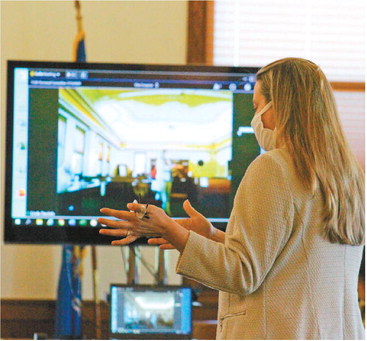County personnel committee punts on working remotely


Committee gives 60 days to draft a policy, leaves approvals to departments
After two hours of discussion, members of the county’s personnel co...


Committee gives 60 days to draft a policy, leaves approvals to departments
After two hours of discussion, members of the county’s personnel co...